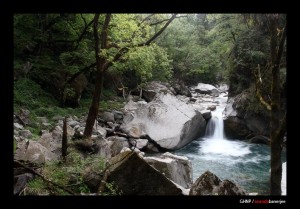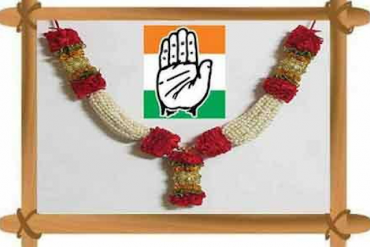Shimla: Nomination for declaring the Great Himalayan National Park (GHNP) as a UNESCO World Heritage Site had been accepted and it would be granted the prestigious status after an evaluation is done early next year, chief minister Prem Kumar Dhumal disclosed while presiding over a Wild Life Board meeting he presided over yesterday.
At the same meeting he also stated that redrawing of the state wild life sanctuary area would enable to bring out about 1.5 lakhs people in 775 villages from 33 sanctuaries and 2 national parks regions.
He said that the rationalization process was nearing completion and it would help to bring out people being affected by restrictions imposed in the wild life sanctuary areas
The 33 wild life sanctuaries and 2 national parks covered an area of about 7161 square kilometers, he added.
To counter the challenge posed by wild animals, especially monkeys to farming, Dhumal said that to check the population explosion of simians, sterilization centers are to increased for the existing 4 to 21.
Extending the grant in aid for the monkey sterilization program from Rs 1.35 Cr to 2.80 Cr, he said that so far over 35,000 monkeys had been got sterilized.
Mentioning the large number of migratory birds visiting the states wetlands, especially Pong Dam, he said that Bombay Natural History Society plans to fit 18 solar powered transmitters to 18 migratory birds for tracking their route.
A Migratory Bird Research Centre is also on the cards for Pong Dam, he added.
A Himalayan Snow Leopard Research Centre is to be developed near Kibbar village of Spiti valley at a cost of Rs 5.15 crore for preserving the highly sensitive habitat of the big cat, said Dhumal.
At the same meeting the board granted approval for allowing setting up of 200 MW Bara Banghal hydro electric project; divert forest land for drawing water from Pazeena Khad in district Solan to supply drinking water to the villagers; permit installation of Radar System at Dalhousie keeping in view its strategic importance; recommend enhancement of compensation rates for damages caused to human being and domestic live stock by wild animals; carry repair and maintenance, metalling and tarring over Bir to Rajgundha and Barot to Baragram road in Baijnath Sub-Division of district Kangra.
Separately, the Kheti Baccho Sangrash Samiti has asked the wild life board to reconsider the measures being taken to save farmlands from monkey menace.
Kuldip Tanwar, president of the Samiti says that results of the monkey sterilization program would only be effective after 20 years.
The samithi has demanded removing the restriction of using monkeys for research purposes in laboratories.
As Editor, Ravinder Makhaik leads a team of media professionals at Hill Post.
Spanning a career of over two decades in mass communication, as a Documentary Filmmaker, TV journalist, Print Media journalist and with Online & Social Media, he brings with him a vast experience. He lives in Shimla.



